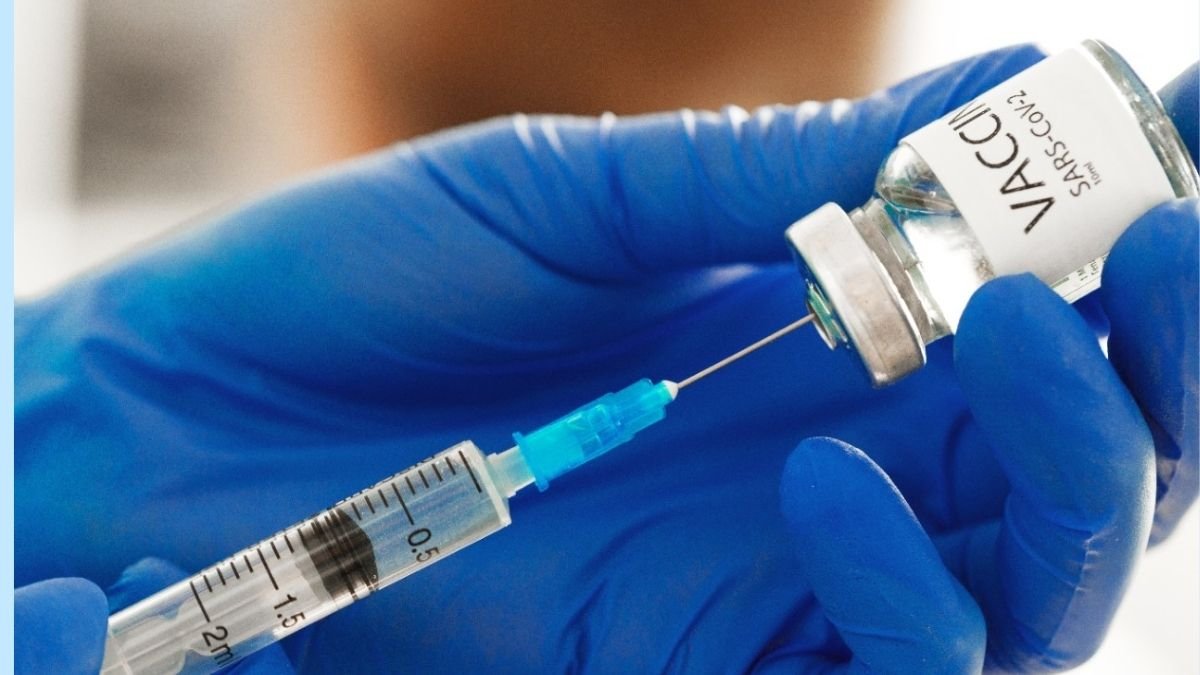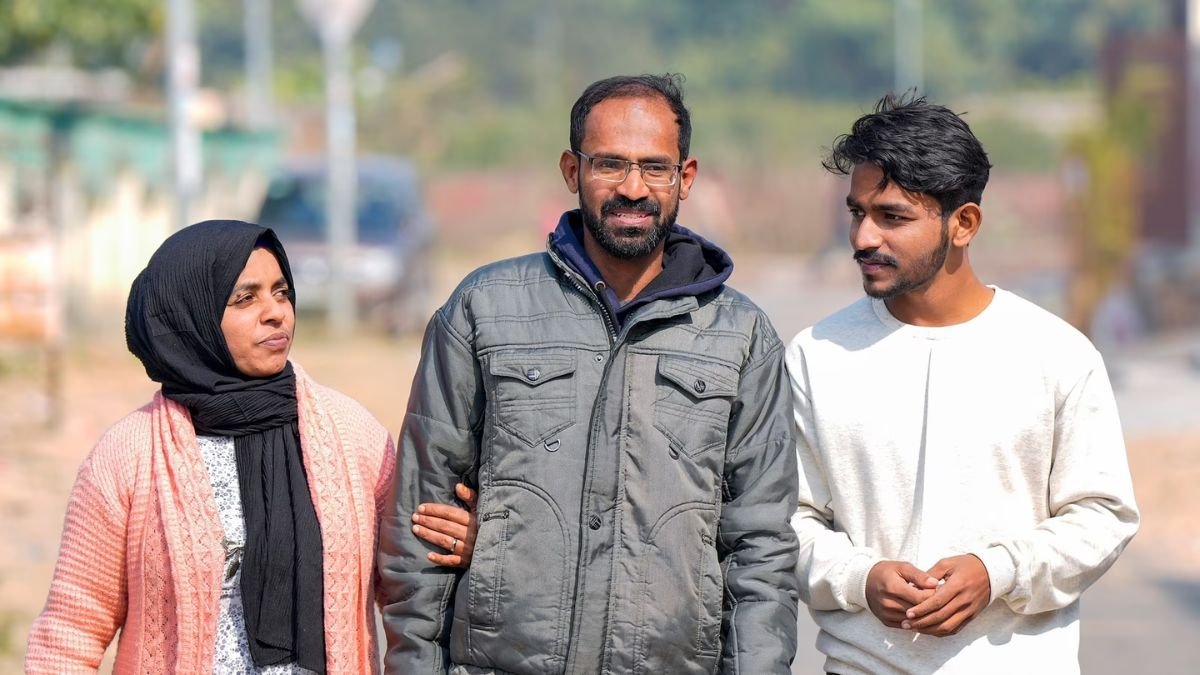According to doctors, human papillomavirus HPV causes cervical cancer and is a leading cause of death among Nepalese women.
“Because we do not have the budget to purchase the vaccine against human papillomavirus, we have been unable to include it on the regular immunization list,” Dr. Bibek Kumar Lal, director of the Family Welfare Division, told the Post.
According to a Health Ministry official, HPV vaccination was mentioned in the government’s policy and program for the current fiscal year, but funding was not allocated accordingly.
“Only Rs1 million has been allocated for the program, which is insufficient to purchase the vaccine,” said a Health Ministry official who did not want to be identified because he is not authorized to speak to the media. “More than Rs10 million is required to run the vaccination campaign in the nine districts.”
The human papillomavirus is a virus that spreads through skin contact. According to the World Health Organization, HPV vaccination is recommended as part of a coordinated and comprehensive strategy to prevent cervical cancer and other HPV-related diseases.
Bhutan, Sri Lanka, Thailand, and the Maldives have all implemented HPV vaccines on a national scale, while India and Indonesia have done so in some districts.
In 2016, Nepal piloted an HPV vaccine in the districts of Chitwan and Kaski. All girls between the ages of 11 and 13 were immunized with two doses of the HPV vaccine as part of the government’s year-round immunization program.
To introduce the vaccine, the Health Ministry allocated Rs77.7 million in 2019—Rs27.5 million to the immunization section and Rs50 million to the BP Koirala Memorial Cancer Hospital in Bharatpur.
“Suspending the HPV vaccination campaign is not a good sign, as the program saves the lives of hundreds of women in our country,” said Dr. Jhalak Sharma, former National Immunisation Programme chief. “Instead, the authorities in question could have halted other, less critical programs.”
According to doctors, the majority of cervical cancers are caused by the human papillomavirus (HPV), a sexually transmitted infection. Widespread immunization with the HPV vaccine could reduce the global impact of cervical cancer and other HPV-related cancers.
“We can save the lives of hundreds of women every year if we give the HPV vaccine to all young girls,” said Dr. Jageshwor Gautam, a consultant gynecologist. “This type of program should not be delayed under any circumstances.”
Meanwhile, officials at the Health Ministry have stated that they intend to request assistance from the Global Alliance for Vaccine and Immunisation (GAVI) in order to include the HPV vaccine on the regular immunization list.

“We have had several rounds of discussions, and we are also planning to ask GAVI for assistance soon to include HPV vaccine in our regular immunization list,” said Lal, director of the Family Welfare Division.
Every year, hundreds of Nepalese women are diagnosed with cervical cancer, according to estimates.
Every year, more than 700 women with cervical cancer seek treatment at the BP Koirala Memorial Cancer Hospital in Bharatpur.
“If we immunize our girls with the HPV vaccine, we can save hundreds of women’s lives,” said Dr Bhola Rijal, a consultant gynecologist. “Many countries that have included the HPV vaccine in their routine immunization schedule have successfully reduced cervical cancer in women.”
The government offers free cervical cancer screenings at state-run health facilities across the country.
Rijal stated that if the government ensures that the vaccine is available to all girls, the private sector is ready to assist in the early detection of cervical cancer in women.
According to the World Health Organization, HPV is responsible for more than 70% of cervical cancer in women. Cervical cancer is also the second most common cancer in developing countries. Cervical cancer can be prevented in up to 80% of cases if treated early.









































